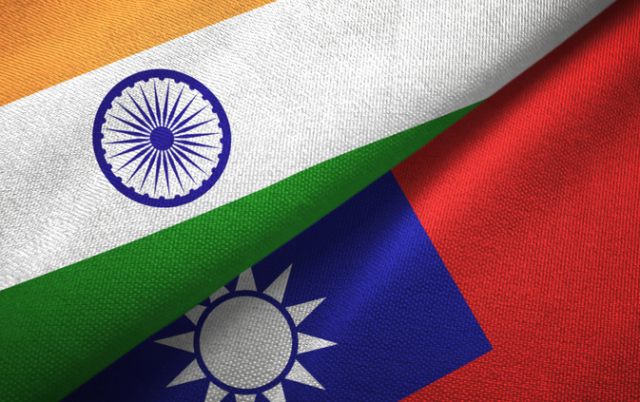NEW DELHI: An India-Taiwan Migration & Mobility Agreement could be signed as early as next month. It could see the recruitment of skilled Indian workers for Taiwan’s semiconductor industry. Hospital professionals, nurses and care givers are also in demand but the exact numbers will be determined later and nowhere near the one lakh mentioned in some media reports.
Sources in Taiwan did confirm that the initial numbers will be small, in keeping with the need to ensure that worker skills match what Taiwan industry requires. Critical gaps have developed in Taiwan’s labour market due to a falling birth rate and it is projected that four lakh more skilled workers will be required till the decade ending 2030 (currently Taiwan has over seven lakh foreign workers mostly from south-east Asia).
Foreign workers recruited for manufacturing, construction or even fisheries jobs in Taiwan are guaranteed a monthly minimum wage of over ₹65,000. The contracted service period is also being increased from three years to 10 years. Government regulations on recruitment of foreign labour underscore that “relevant laws and regulations and protective measures have also been formulated for the assurance of foreign workers rights and interests …”
Recruitment of foreign workers will not be left to labour contractors but will be done by “joint service centres”, presumably manned by Indians and Taiwanese. Once recruited, the workers will be given “pre-employment preparation” that will familiarise them with working conditions in Taiwan, laws and regulations, complaint channels and protection mechanisms. Taiwanese employers will also have to attend these briefings so all are on the same page. Interpreters will be provided to help foreign workers settle in, NGOs assisting workers complaining of abuse or assault will be subsidised.”
Cultural conditioning is also expected to familiarise workers with Taiwanese society, how to behave, etc. to ensure they do not offend local sentiments. This is the tricky part because some local media described by Taiwanese sources as “pro-China” have through various reports painted a negative picture of India and Indian workers. Case in point, according to China scholar Sriparna Pathak of OP Jindal Global University, is China Times helmed by pro-China Taiwanese tycoon Tsai Eng-Meng that is sympathetic to the Communist Party on the mainland. It claims there is a lack of safety in India and women in particular are very vulnerable to gender violence. The hint is obvious, notes Pathak, that Indian workers, especially male Indian workers, cannot be trusted and therefore must not be hired.
Such reports, and more so those in social media, are widely read in Taiwan and can influence local attitudes. It hasn’t helped that there have been some cases of Indians who were found to have harassed local women. But those issues were sorted out and cannot claim to profile the majority of Indians in Taiwan. There are an estimated 5000 Indians in Taiwan, most of them highly educated and affluent white-collar professionals.
In fact, Indian professionals and skilled labourers are widely sought after given the number of migration and mobility agreements already signed, Australia, Germany, Italy and France to name a few. An agreement is in the works with Israel that could involve as many as 42,000 Indian workers in sectors ranging from construction to care-giving. The Gaza war appears to have slowed things a bit.
















